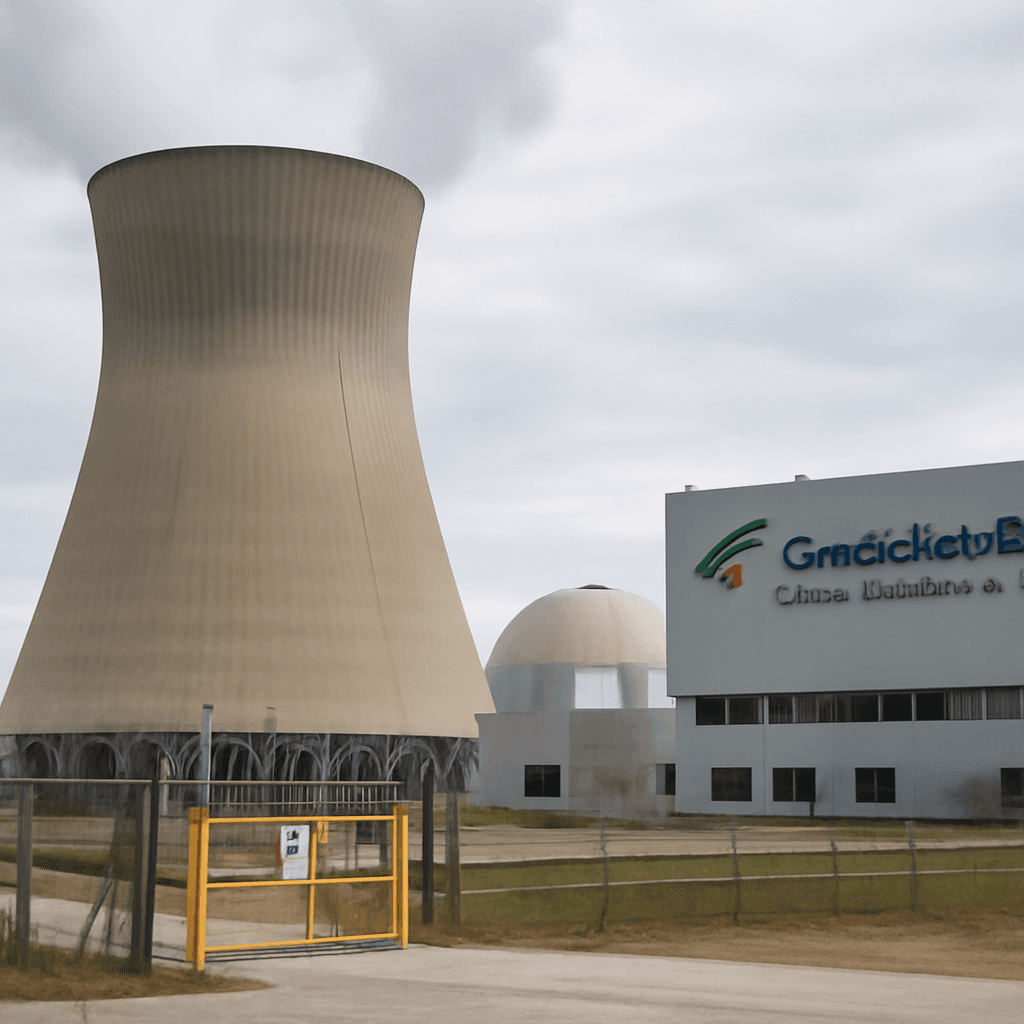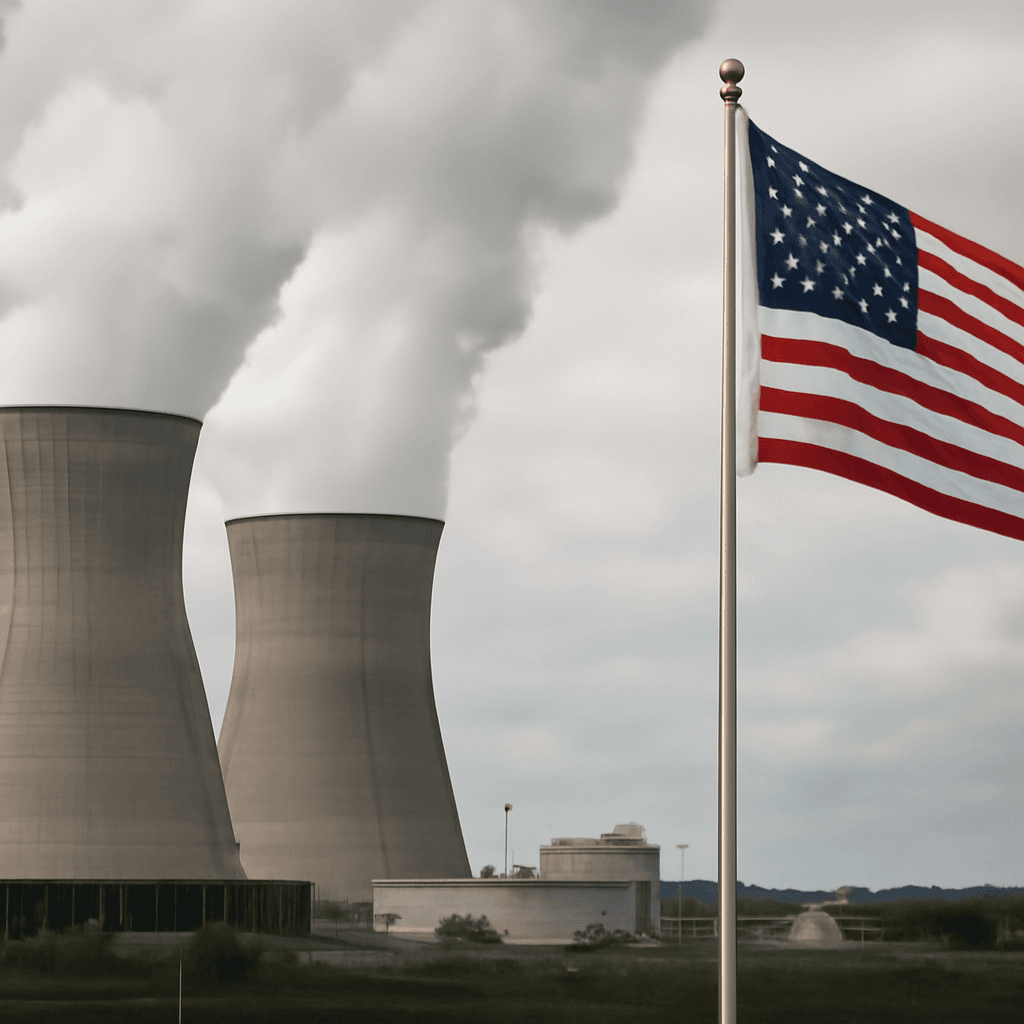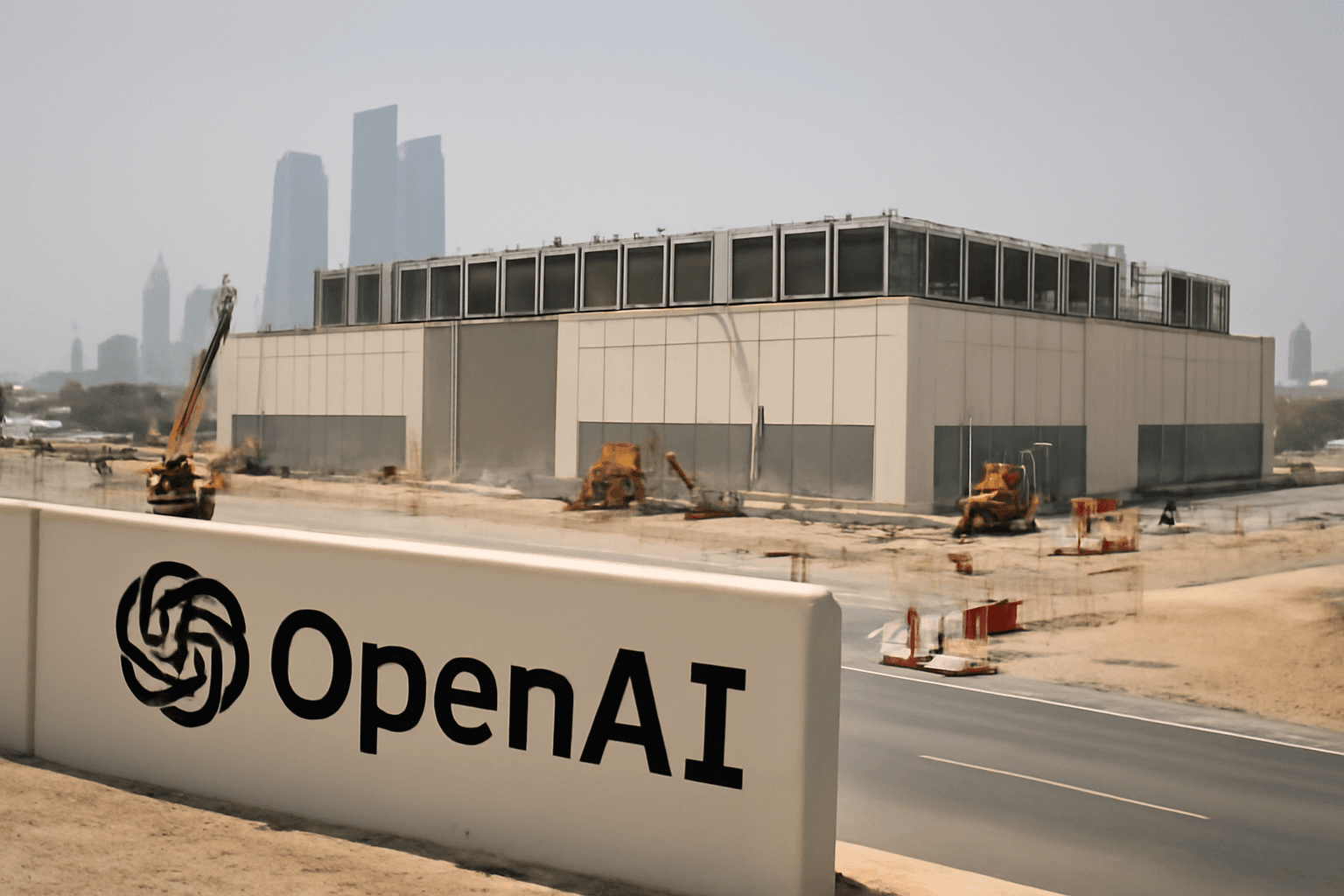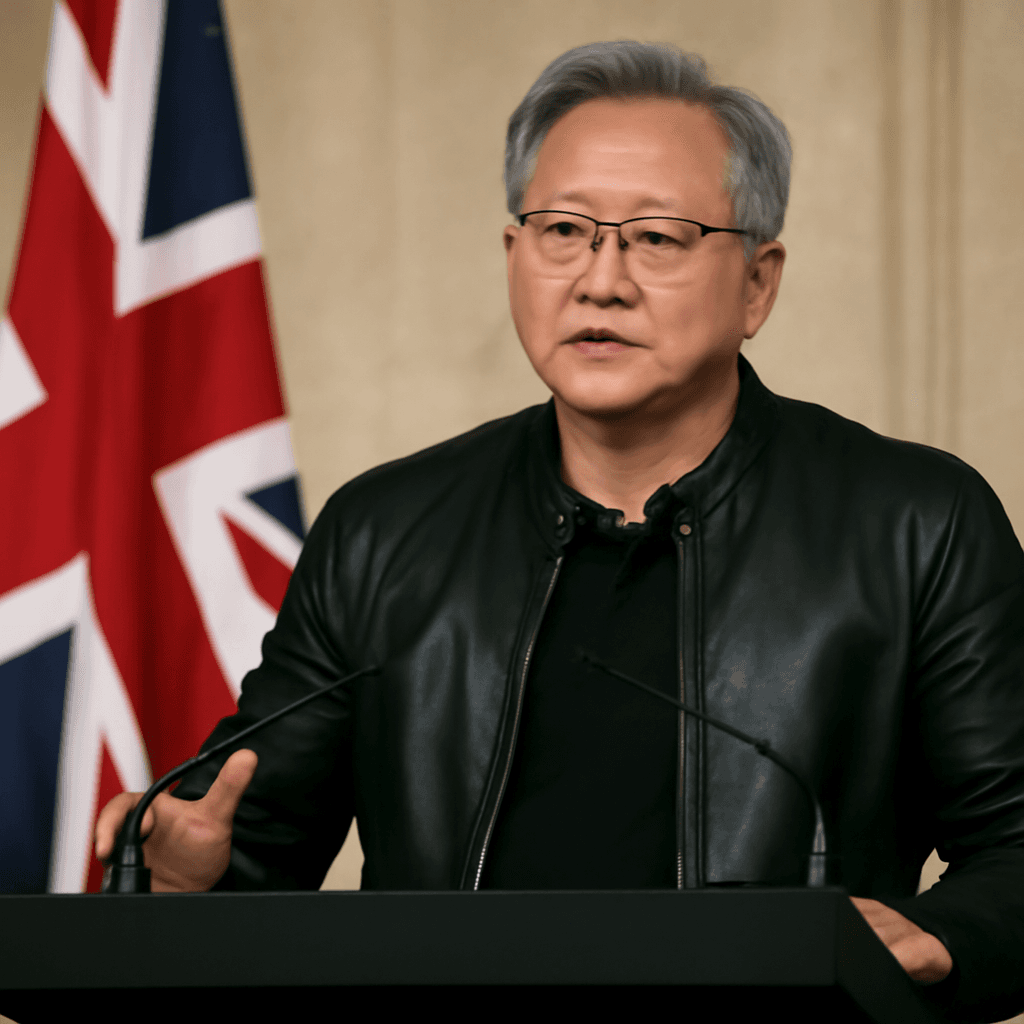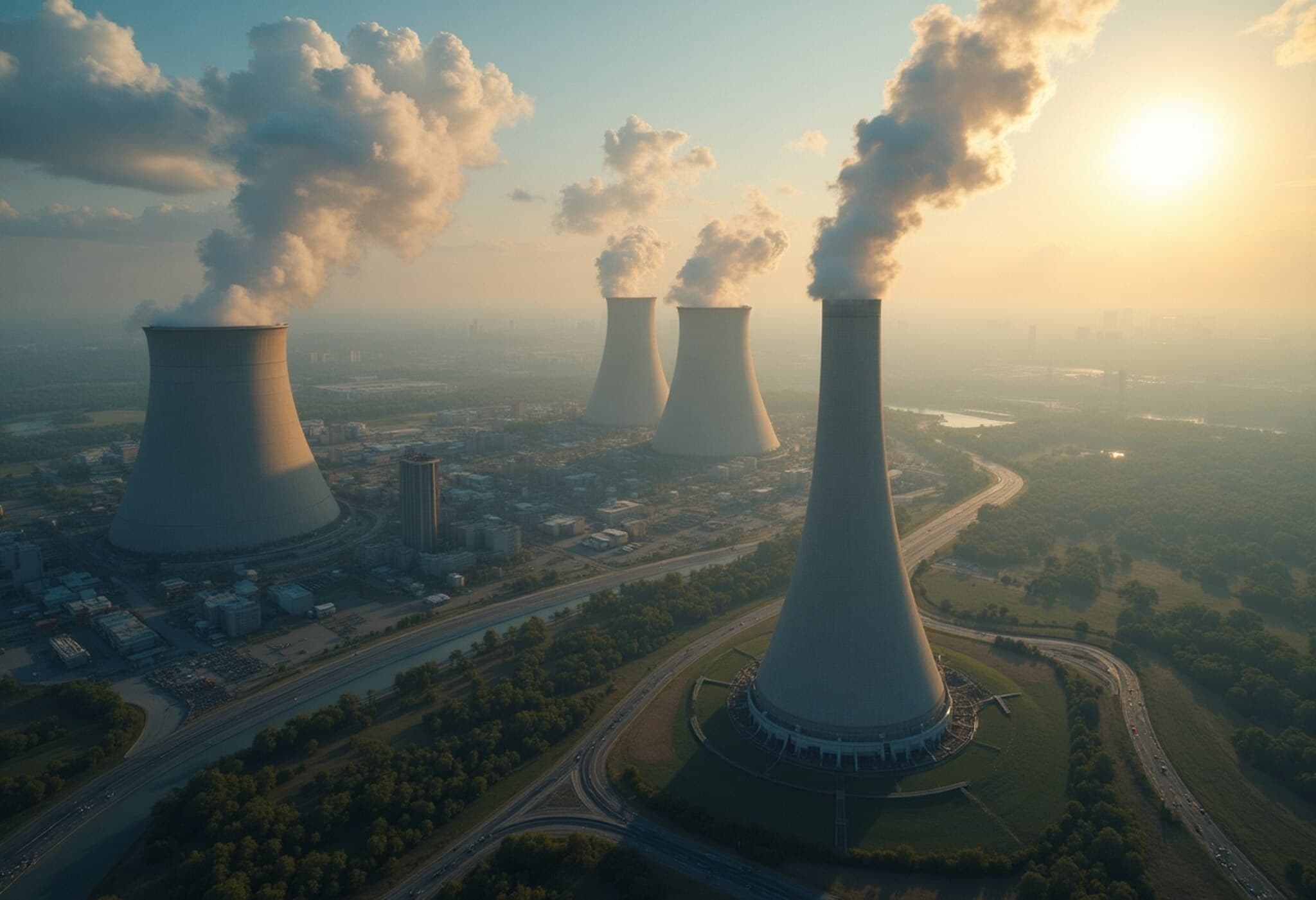Meta Partners with Constellation Energy for Nuclear Power Supply
Meta has finalized a 20-year agreement with US-based Constellation Energy to procure nuclear energy from the Clinton Clean Energy Center in Illinois. This strategic move is designed to meet the escalating electricity requirements driven by artificial intelligence (AI) workloads across Meta's regional data infrastructure.
Significance of the Investment
The financial commitment from Meta will replace existing state government subsidies, ensuring the continued operation of the Clinton nuclear plant starting in 2027. By securing this energy supply, Meta guarantees a reliable power source that delivers 1,121 megawatts of nuclear energy. Additionally, the project contributes an extra 30 megawatts to the broader electricity grid.
Key Highlights:
- Duration: 20 years
- Energy Output: 1,121 MW dedicated to Meta's operations
- Additional Capacity: 30 MW added to the regional grid
- Start Date: 2027
Context: Tech Industry’s Shift Toward Nuclear Energy
This development is part of a broader trend among major technology companies, such as Microsoft, Google, and Amazon, which are increasingly turning to nuclear power. The surge in computing demands, particularly driven by AI advancements, necessitates a stable and carbon-free energy source.
Meta emphasized the critical role of nuclear energy, stating it provides a "reliable, firm electricity" base necessary to support their expanding AI capabilities. As data center electricity consumption is expected to more than double by 2030, dependable energy solutions are essential for sustained growth and climate commitments.
Rising Electricity Demand in AI Era
The International Energy Agency projects significant increases in electricity use by data centers over the next decade, driven largely by AI's expanding computational needs. Nuclear energy’s consistent output with minimal carbon emissions positions it as an attractive option for tech giants aiming to balance operational demands with sustainability goals.
Conclusion
Meta’s long-term nuclear energy agreement represents a critical step in securing clean, dependable power to support next-generation AI infrastructure while aiding regional energy reliability. This move underscores the growing intersection of technology development and advanced, climate-conscious energy strategies.

